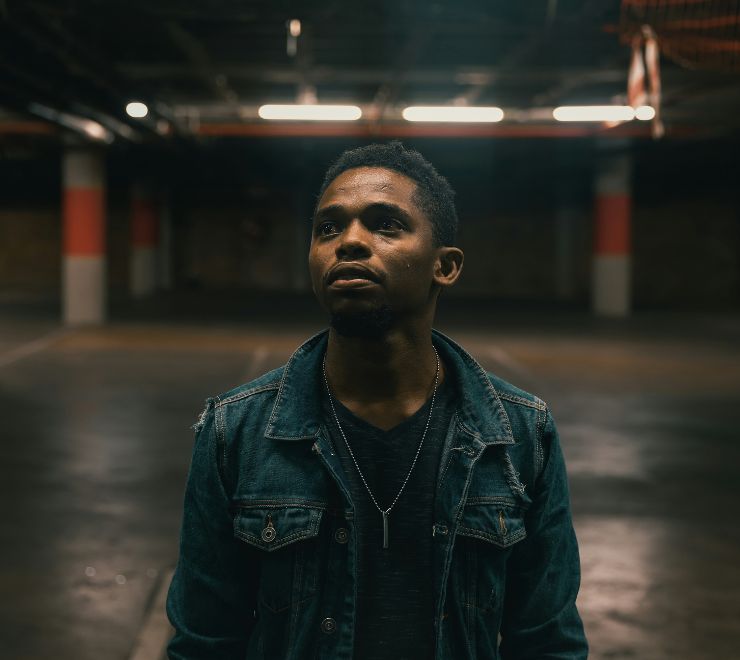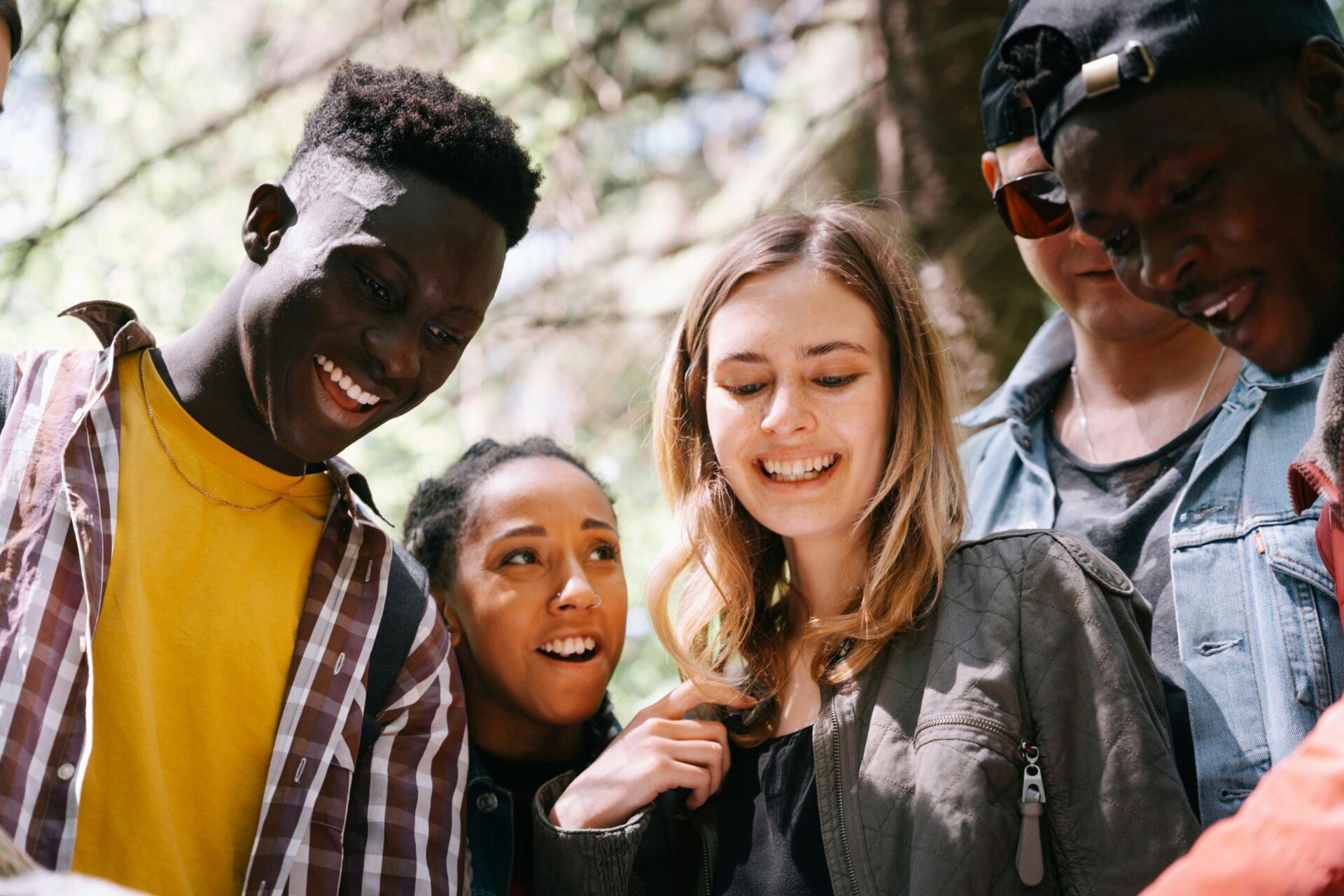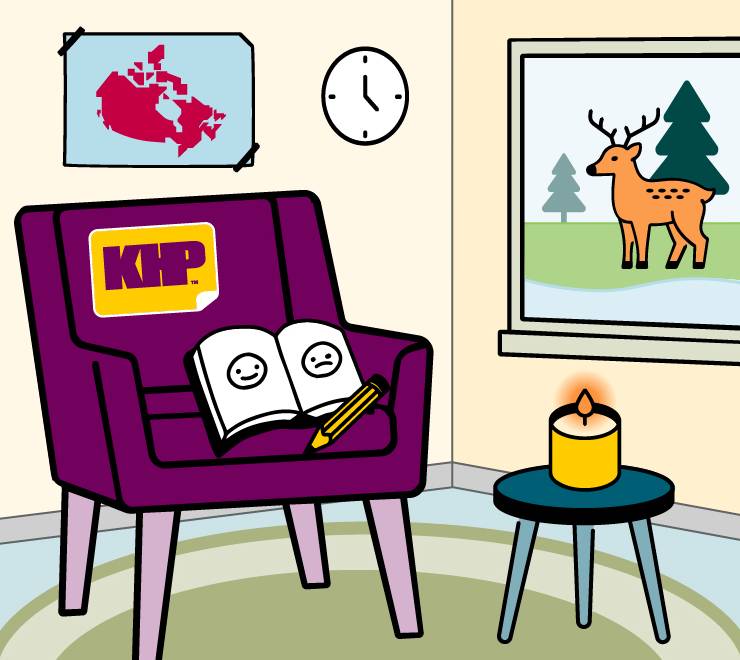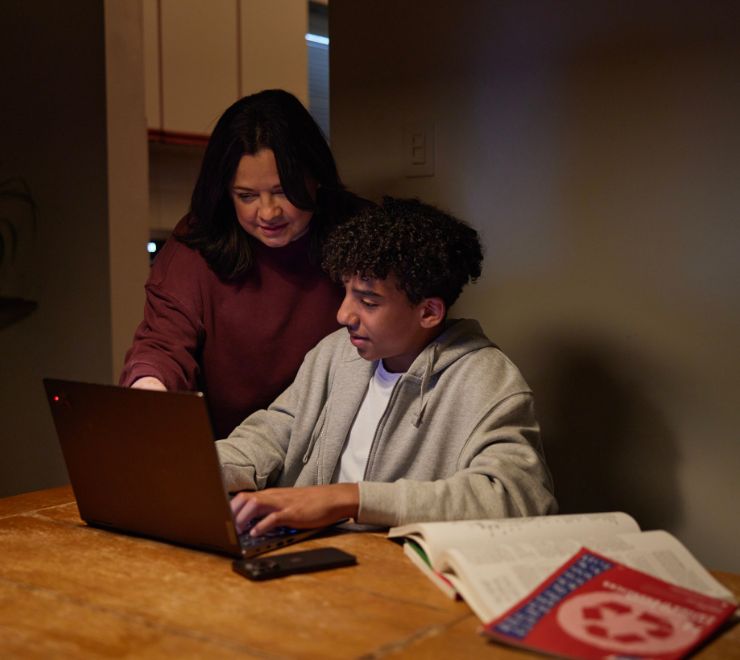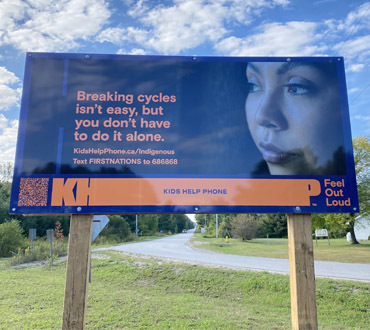
Documenting my wholistic health during the hardest times has saved me
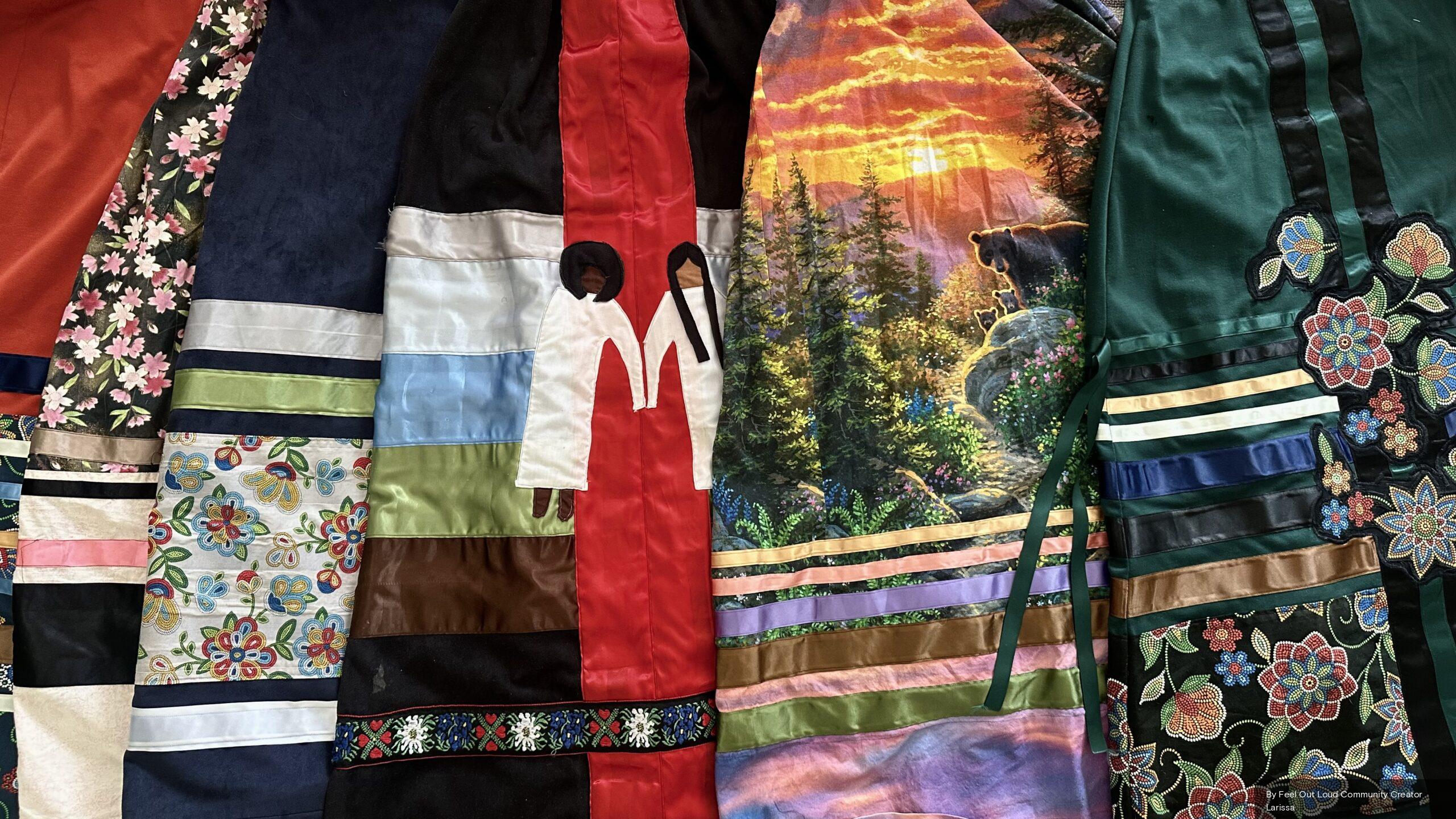
Feeling out loud, and documenting it, has done three powerful things for me: it has helped hold people and systems accountable, given me crucial access to care and support, and created pivotal space for wholistic healing.
I live with several disabilities. Today, I live with permanent brain damage from a brain bleed I sustained in 2020. But I first became disabled at 23 in 2018, after contracting an untreated STD from a former partner. I had just started a fast-paced government job, and overnight my entire reality changed.
I began documenting how I was feeling physically, emotionally, and mentally because I was experiencing so much racism and ableism at work. I needed a way to capture what was really happening and to stop myself or others from gaslighting me. With the help of my doctor and a few hospital visits, I finally accepted that I was disabled enough to need workplace accommodations. Asking to work from home two days a week took months and required pages of expensive doctor-filled forms. On top of that, I heard things like, “What will the others think if we give that to you?” Still, those experiences were documented. That record helped me advocate for myself and became an invaluable resource later on.
The same process helped me in medical spaces. I have been turned away from hospitals more times than I can count, with doctors assuming I was exaggerating. So I started asking for everything to be written into my file. If I was being discharged without care, I made sure that was noted. That changed the way I was treated and gave me the proof I needed to stand up for myself.
The documentation also helped me access funding and services. I have built a record of what I have gone through and how it has affected my health. Every time I pull out my stack of papers for a new application, grant, or support, I feel proud.
But healing does not only live in paperwork. It lives in art. I document my story through visual language. Each of my ribbon skirts capture a significant moment of health struggle and healing. Ribbon skirts, traditionally worn by Indigenous women, are a way I express identity and resistance. That skirt carries my pain, my healing, and the ceremony I need to feel whole.
Feeling out loud and documenting it has carried me through some of the hardest moments of my life. It is how I survive, how I heal, and how I care for myself and others.
Kids Help Phone (KHP) is honoured to share creative content submitted by youth from coast to coast to coast as they Feel Out Loud with us. We thank the Feel Out Loud Community Creator of this piece for their contribution to youth mental health and well-being in Canada. For more information on the Feel Out Loud Community Creator Space and / or how you can submit your own creative content for possible publication, you can visit the submission page.

